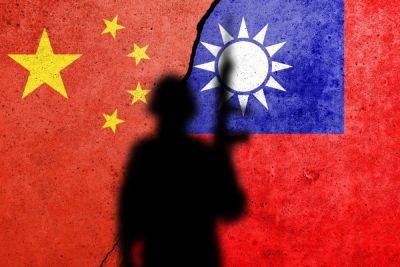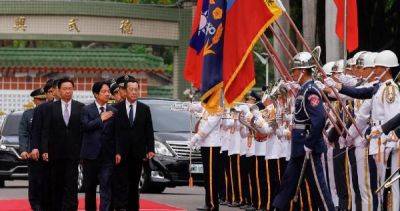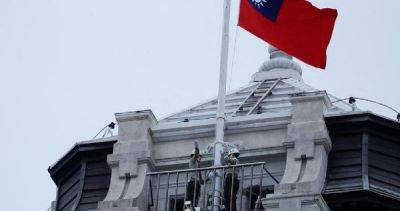Why Lawmakers Are Brawling and People Are Protesting in Taiwan
Opposition lawmakers in Taiwan pushed through measures on Tuesday that could challenge the powers of the new president, Lai Ching-te, defying tens of thousands of his supporters who poured into the streets in recent days in protest.
The legislation proposed by Mr. Lai’s opponents gained passage only a little over a week after he took office, highlighting the challenges he will face in pursuing his agenda without a legislative majority. In elections in January, the opposition Nationalist Party and Taiwan People’s Party together secured more seats in the 113-seat legislature than Mr. Lai’s Democratic Progressive Party.
The bill backed by the two opposition parties would expand the legislature’s powers to investigate the administration. Mr. Lai’s supporters have accused the opposition of overreach and of serving the interests of the Chinese Communist Party, which claims Taiwan as its territory. Nationalist and Taiwan People’s Party legislators have rejected those accusations, and Mr. Lai’s officials have not offered proof of allegations that Beijing orchestrated the legislation.
Debates in the legislature have been heated. Politicians jostled and fought, and members of Mr. Lai’s party covered the floor and walls of the chamber with protest placards.
The legislative changes would give lawmakers more power to question senior government officials and demand internal documents. The amendments would also authorize lawmakers to punish officials found in contempt, which could include refusing to answer questions or hand over documents.
The amendments, and the divisions they have exposed, could limit Mr. Lai’s ability to push through big initiatives on domestic issues and may undermine efforts to keep broad cross-party unity on







